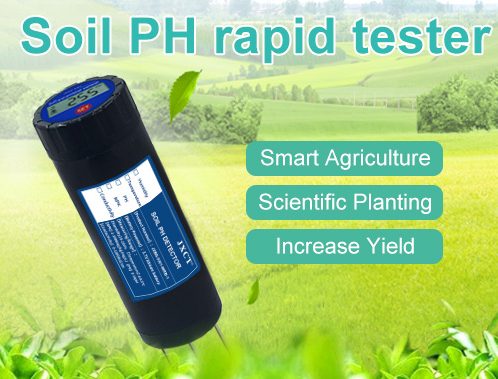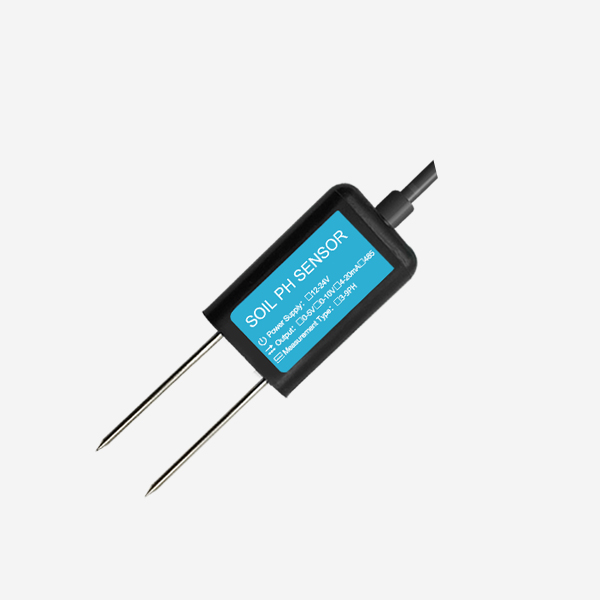Learn about the soil ph sensor
With the advent of soil pH sensor, farmers can now measure soil pH quickly and accurately, enabling optimal crop growth. Soil pH is a crucial factor in determining the growth and development of crops. The soil’s acidity or alkalinity affects the availability of nutrients, soil microorganisms, and plant growth hormones. Traditional methods of measuring soil pH involved manual sampling and laboratory analysis, which were time-consuming and provided delayed results. This article explores the benefits and applications of soil pH sensors in modern agriculture.

The benefits and applications of soil pH sensors
Precision Farming:

Soil pH sensor provide real-time data on soil pH levels, revolutionizing precision agriculture. This information allows farmers to make informed decisions about the type and amount of soil amendments required to maintain optimal soil pH levels for crop growth. By continuously monitoring soil pH levels, farmers can customize their fertilization and irrigation management practices, which leads to healthier plants and higher yields.
Optimal Nutrient Availability:
Soil pH plays a critical role in the availability of essential plant nutrients such as nitrogen, phosphorus, and potassium. These nutrients are only accessible to plants when the soil pH falls within optimal ranges. Soil pH sensors provide farmers with accurate data on the soil pH levels, allowing them to adjust the soil pH using soil amendments such as lime or sulfur. By maintaining optimal soil pH levels, farmers can ensure that crops have access to adequate nutrients throughout the growing season.
Improved Disease Management:
Soil pH also affects the incidence and severity of soil-borne diseases. Certain plant pathogens thrive in soils with specific pH ranges. With soil pH sensors, farmers can detect early signs of soil-borne diseases by monitoring soil pH levels. By maintaining optimal soil pH levels, farmers can minimize the occurrence and severity of soil-borne diseases, reducing crop losses.
Efficient Water Management:
Soil pH plays a crucial role in water management. Soil pH affects the solubility and availability of water to plants. With soil pH sensors, farmers can monitor soil pH levels and adjust soil pH using soil amendments such as lime or sulfur. By maintaining optimal soil pH levels, farmers can ensure that plants have access to adequate water, reducing water stress and improving crop health.
Sustainable Agricultural Practices:
Soil pH sensors contribute to sustainable agricultural practices by reducing the environmental impact of farming activities. By providing accurate data on soil pH levels, these sensors help minimize fertilizer waste and runoff, which mitigates water pollution. Additionally, by optimizing fertilizer application, farmers can reduce greenhouse gas emissions associated with fertilizer production and use, lowering their carbon footprint.
Conclusion:
Soil pH sensors have transformed traditional farming practices by providing real-time data on soil acidity or alkalinity levels. These sensors enhance precision farming, optimize nutrient availability, improve disease management, facilitate efficient water management, and promote sustainable agricultural practices. By embracing these innovative tools, farmers can achieve optimal crop growth, contributing to global food security and ecological preservation. The future of agriculture lies in the integration of technology and sustainable practices, and soil pH sensors are a vital component of this vision.
